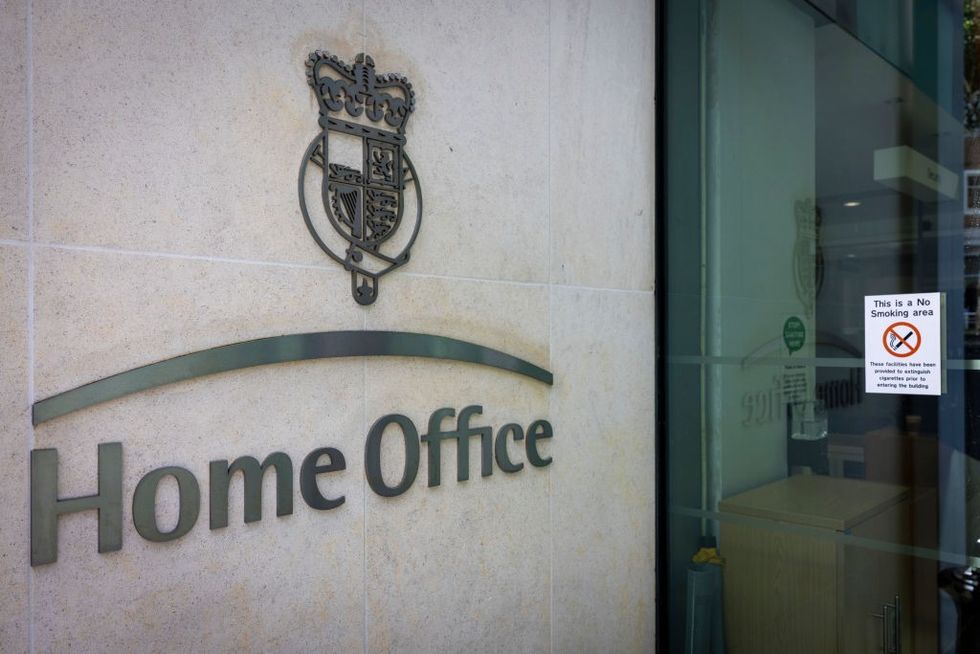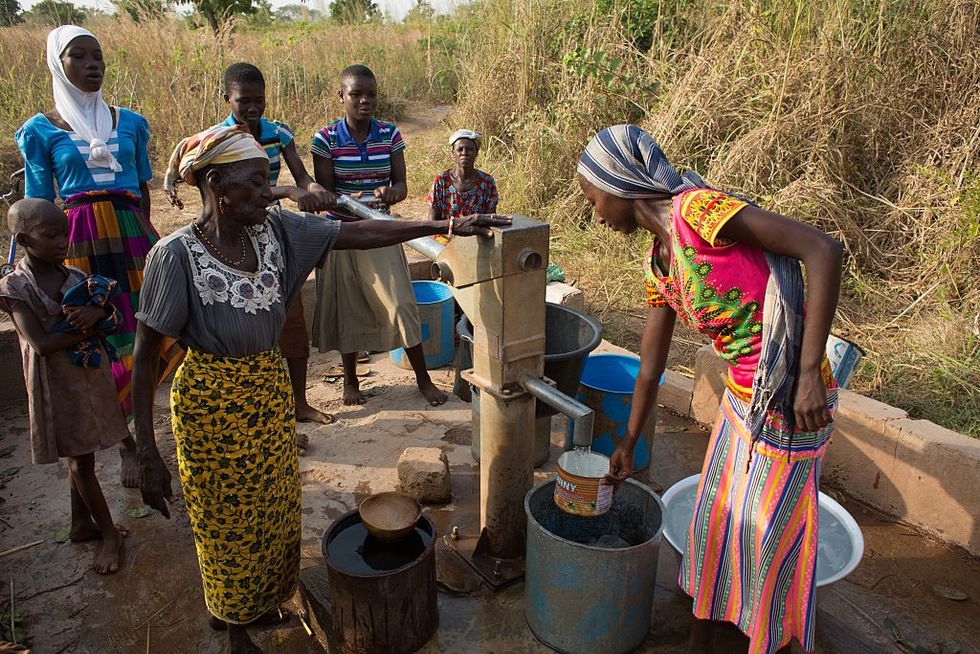Michelle Dewberry grills Mike Tapp on his claim Labour have made 'record deportations'
GB News
The migrant argued that deportation would breach her human rights - subjecting her to 'inhumane or degrading treatment'
Don't Miss
Most Read
Trending on GB News
A Ghanaian cocaine dealer attempted to escape deportation by claiming she would face persecution in her home country for being perceived as a witch.
The woman, who cannot be named for legal reasons, accumulated a lengthy criminal record under 15 different identities before facing deportation proceedings.
Her claims that she would suffer persecution in Ghana were rejected by the First-Tier Immigration Tribunal in 2017.
She subsequently appealed to the Upper Tribunal of the Immigration and Asylum Chamber, which upheld the previous ruling.

During her imprisonment, the Home Office prepared a deportation order, prompting her claims of potential witchcraft persecution in Ghana
GETTYThe court heard the woman first entered Britain in the 1980s under a false name and was jailed for six years in 1987 for importing cocaine.
She evaded deportation in 1988 by disappearing from authorities.
In 2010, she claimed to have been granted a UK visa in Accra, stating she left Ghana in 1990.
Her criminal activities continued with benefit fraud amounting to £98,000 and mortgage fraud totalling £251,245, and resulting in a 34-month prison sentence in 2014.
MORE LIKE THIS:
- Bombshell new poll shows OVERWHELMING number of Britons back mass deportation of foreign offenders
- Migrant paedophile who attacked teenage girl allowed to stay in Britain as he would face 'inhuman treatment' in Pakistan because he's an 'alcoholic'
- 'Madness!' Illegal immigrants dodge deportation after 'two-tier' Sentencing Council 'blows hole' through border enforcement
She was later ordered to repay £143,500 but refused, leading to an additional 12 months in prison.
During her imprisonment, the Home Office prepared a deportation order, prompting her claims of potential witchcraft persecution in Ghana.
She argued deportation would breach her human rights, subjecting her to "inhumane or degrading treatment" if forcibly returned.
She also claimed to have mental health issues and that deportation would violate her right to a private life.
The tribunal dismissed these claims as "fabricated," ruling she had faked hallucinations to strengthen her case for remaining in the UK.
The court also noted that Ghana provides state protection for those accused of witchcraft.
The First-Tier Tribunal judge described the Ghanaian woman as "manipulative" and suggested she may have referenced psychosis to bolster her claim.
Upper Tribunal deputy judge Linda Kirk upheld this ruling, stating that while the woman suffered from "some mental ill health," her references to hallucinations were "not reliable" and claims of PTSD were dismissed.

The court noted that Ghana provides state protection for those accused of witchcraft (stock image)
GETTY
Despite the woman having a son in the UK, the judge concluded he has "his own separate life to her."
The Upper Tribunal's final ruling stated: "The decision of the First-tier Tribunal is upheld."
Witchcraft accusations remain common in many African regions, particularly Ghana, which has worked to combat persecution of women accused of having supernatural powers.
The Ghanaian parliament passed legislation in 2023 making it illegal to accuse, name or label someone as a witch.
However, then-president Nana Akufo-Addo refused to sign the bill, claiming implementation would be too costly.
Ghana's Commission on Human Rights and Administrative Justice has expressed optimism that new president John Dramani Mahama's government will finally enact the law.
Two women were previously sentenced to 12 years imprisonment for murdering a 90-year-old accused of witchcraft.







